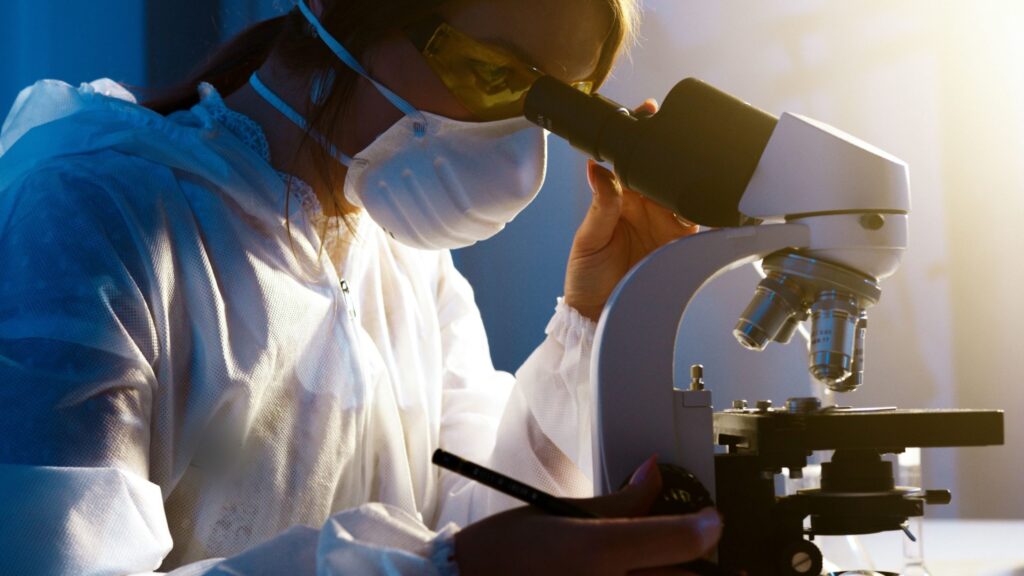Drinking can affect your health in many ways. Alcohol can impact the brain, the stomach, and the heart, among other organs. During the COVID-19 pandemic, it’s also important to understand that excessive alcohol can weaken the body’s immune system. Most people associate drinking with liver damage. How does alcohol affect the liver?
Basic Liver Functions
The liver is essential to overall health, functioning in many vital ways. It makes proteins that are important for blood clotting. It stores nutrients such as glucose and certain types of vitamins. The liver produces bile that aids in the digestion of fats. It also breaks down drugs and other potentially toxic substances, including alcohol.
When you drink, the liver will detoxify and remove the alcohol from the blood through a process called oxidation. Once this process is complete, the alcohol becomes water and carbon dioxide. If, however, the alcohol accumulates in your system, it can destroy cells and even organs, eventually, including the liver itself.
Liver Damage
There are many substances that can damage your liver and, although liver tissue can regenerate, continued damage leads to the buildup of scar tissue. As that scar tissue forms, the healthy liver tissue is replaced and that can impair the liver’s ability to carry out its essential functions.
Alcohol is one of the leading causes of liver damage. The alcohol can take on a toll on the body and that starts with the liver, particularly when you’ve consumed too much for the liver to be able to process in a timely manner. Damage to the liver caused by alcohol is referred to alcohol-related liver disease.
The early stage of alcoholic liver disease is called fatty liver, which develops in about 90% of individuals who drink heavily each day. Continuing to drink can lead to liver fibrosis and then cirrhosis. Fatty liver can be reversed if you stop drinking. However, cirrhosis is irreversible and will probably lead to liver failure.
Gender Differences
The risk of liver damage increases for men who drink more than 1½ ounces of alcohol a day and significantly so for those who consume more than 3 ounces a day for over 10 years. Consuming 1½ ounces is equal to drinking about 3 glasses of wine, 3 shots of hard liquor, or 3 cans of beer. About half of the men who drink over 8 ounces of alcohol a day for 20 years or longer will develop cirrhosis.
Women, however, are much more vulnerable to alcohol’s effects on the liver. In fact, women are at risk when they drink half as much as men. Drinking between ¾ to 1 ½ ounces a day can put a woman at risk. There is a possibility that alcohol affects the liver in women in smaller amounts as a woman’s digestive system may be less able to process the alcohol.
Symptoms of Liver Issues
A heavy drinker will usually develop symptoms in their 30s or 40s. Severe problems tend to surface about ten years after the symptoms first appear. The condition known as fatty liver will actually have no symptoms. About a third of individuals will have an enlarged and smooth liver that is not tender.
Conditions that result as the disease progresses include alcoholic hepatitis, which can range from mild to life threatening. Individuals who suffer from this condition may feel tired and may have jaundice, a fever, and a tender and painful enlarged liver.
Symptoms of cirrhosis of the liver are similar. Cirrhosis can also cause a number of serious health complications, including increased risk of infection, bleeding from the veins in the upper digestive tract, brain damage due to increased toxin levels in the blood, and an accumulation of fluid. Liver cancer develops in 10%-15% of individuals who have cirrhosis that is due to alcohol abuse.
Alcoholism Treatment for Professionals in Philadelphia
At Providence Treatment, we help professionals overcome their addiction to alcohol and drugs. We understand that it can be overwhelming for you to admit that you need help for your addiction to alcohol. When you are ready to get outpatient addiction treatment in Philadelphia, we are ready to help you. Our expertise is in serving high-profile clients and licensed professionals like you.
Don’t let addiction to alcohol or drugs take over your life. You can overcome addiction at Providence Treatment. If you need help getting clean, then contact us at 484.469.9592, and you can begin your recovery as soon as possible.









